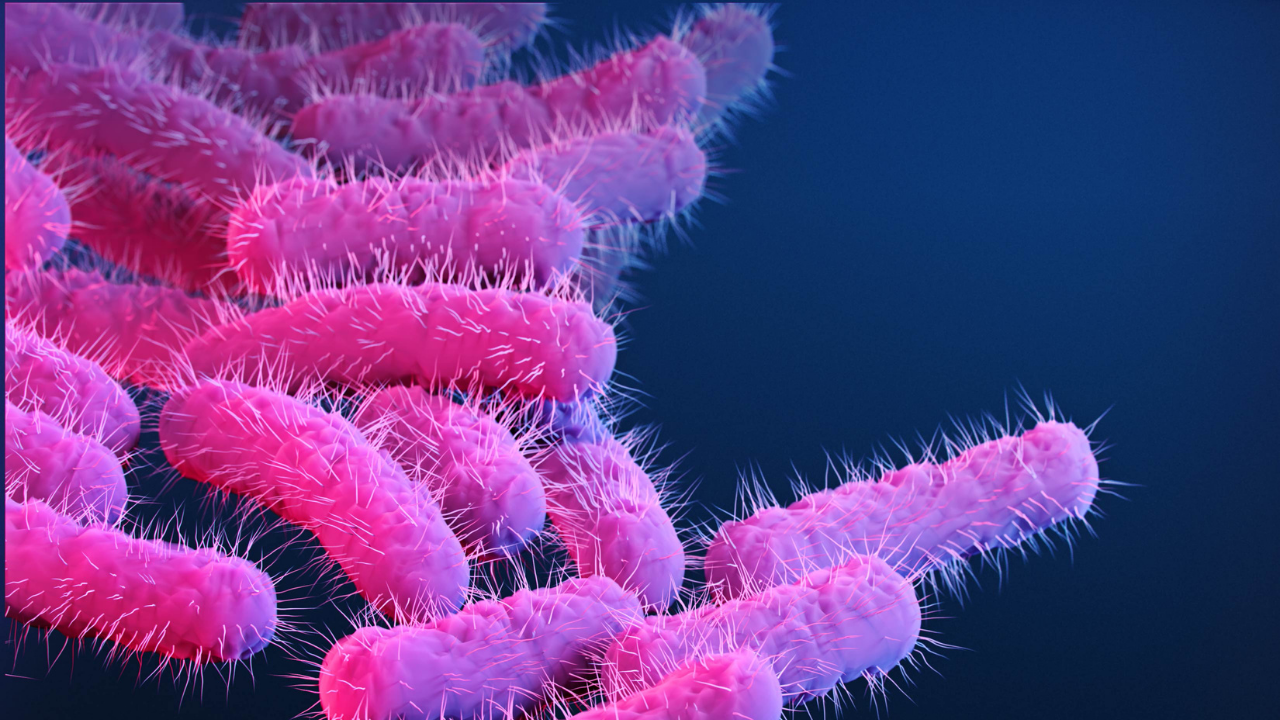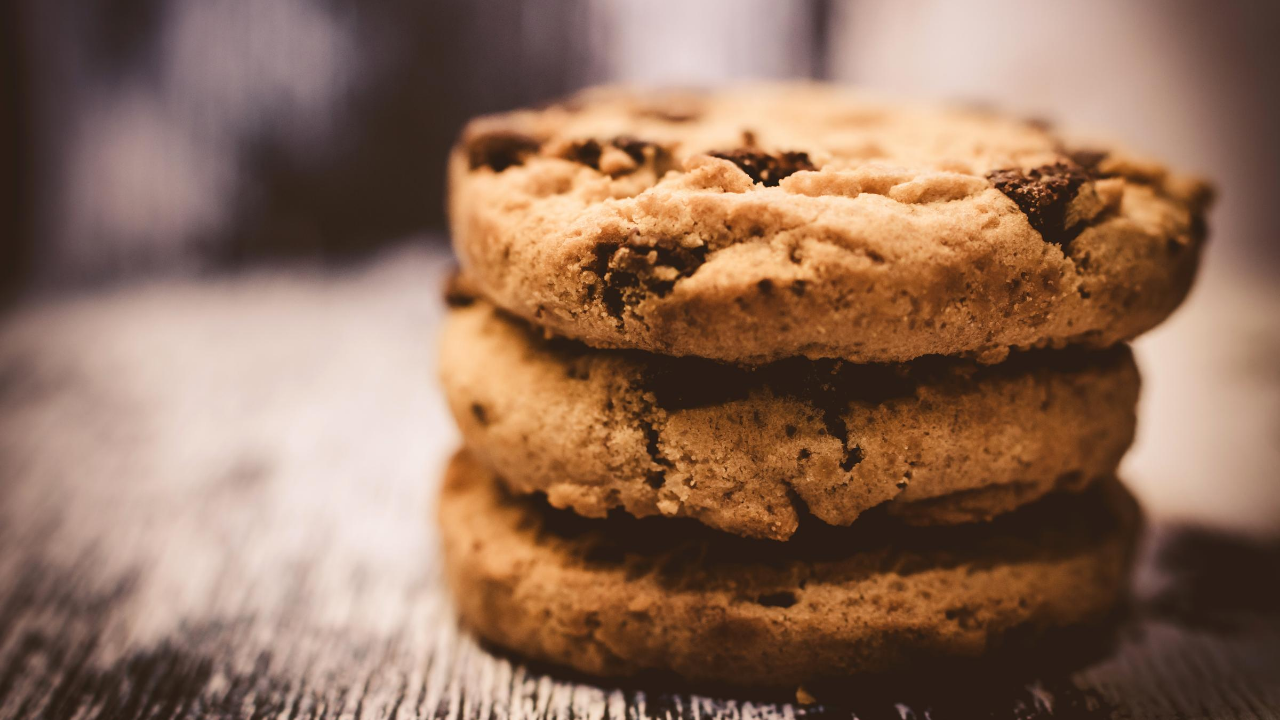Where Do We Get Our Energy?

I felt like I'd been unplugged
In 2018 I had surgery to repair a damaged leg artery. I was recovering nicely for the first week, and then something changed. It was like I had been unplugged. For 2 days, I could barely get out of bed. It was hard to keep my eyes open. The trip downstairs to the couch was so taxing I'd nap for hours. I recall wondering if I'd ever get back to normal.
To this day, I don't know what happened. After 2 days, my energy improved and I got back to recovering from the surgery. When I think back, I feel gratitude that my energy was restored and
But what if you have fatigue and it's not getting better? What if you're not recovering? I frequently evaluate and treat people for whom fatigue is a daily struggle.
Fatigue
Fatigue is one of the most common complaints that lead people to see a physician. Unfortunately, an explanation for fatigue is not always available, even after thoughtful analysis and testing. If you are experiencing fatigue, I would recommend h...
Gut Bacteria and Your Blood Sugar

The Microbiome
Current estimates for the number of bacteria comprising the "microbiome," or bacteria living in the human body (mostly in the colon), suggest that there are 38 trillion bacteria that live in or on you. That number is larger than the 30 trillion human cells that comprise your body. Yes, there are more bacteria than human cells! These bacteria express genes, make proteins, use energy, and contribute in many ways to the function (and dysfunction) of your body.
I've been interested in microbiome research for several years, and I believe the current science is strong enough to state that there are healthy and unhealthy changes in the microbiome that can occur within you, that these changes can impact your health in positive or negative ways, and that paying attention to "gut health" is worthwhile as you pursue a healthy lifestyle.
Interesting Studies
I wanted to briefly highlight 2 studies of interest. In the first, researchers at the Mayo Clinic found that among people f...
What Is The Best Diet? Results of the DIETFITS Study

What is the Best Diet?
I know, we keep coming back to this question. I get asked this question frequently. I think that's cause lots of people are frustrated with the glut of conflicting information available, and want to know how to get results.
I wish there were a quick answer. I will say, when it comes to healthy lifestyle, I've be come obsessed with helping people understand what will produce the results they want in their own bodies. We all grow tired of the same advice of "just eat less and exercise more." While there is a certain truth to this statement, for most people such advice does not lead to changes that actually produce benefit. Something is missing.
Low-fat vs. Low-carb
Low-carb is an approach that works well for many people. Low-fat diets have fallen out of favor, although traditional low-fat diets are not the same as healthy low-fat diets that don't rely on processed foods (think vegetarian approaches that emphasize plants and whole grains).
So, how would a healt...
"Don't Just Hork it Down!" Use "Mindful Eating" to Improve Your Nutrition

"Don't just hork it down"
My kids grew up watching animated movies, and there was a time as a young parent where I think I went several years without watching an actual live action film. To me, Pixar movies are the best. The quote above comes from a great scene in Ratatouille where Remy, the main character, teaches his brother to love food. As his brother tosses a wad of cheese down his gullet, he's scolded, "No, no, no...don't just hork it down."
Remy then proceeds to teach his brother how to eat carefully, enjoying the experience. Sometimes I try to remember this scene, especially when I get my hands on one of those foods (e.g. wife's cinnamon rolls - only allowed to eat on Christmas Day) where I find it hard to control the urge to race through the experience of eating.
I like to believe Remy is an early practitioner of mindful eating.
Mindful Eating
Mindfulness is a concept which has been gaining in popularity over the last decade. In particular, mindfulness meditation is espou...
2 Interesting Observations About Your Brain

The Brain is Fascinating
When my daughter was about 5 months old, I watched as she figured out how to rotate a toy so she could pass it through the bars on her crib. I realized in that moment that at 5 months old she could solve a problem my 5-year-old dog could not master! I as fascinated by how quickly her brain was developing.
The human brain is fascinating. I thought I'd highlight 2 observations about the brain that have direct relevance to your health, and which you may not have heard.
1. Your Brain is Cleaned When You Sleep
In people who develop Alzheimer's disease (AD), characteristic changes occur in the brain. Substances like beta-amyloid and tau protein, which are present in the cerebrospinal fluid (CSF) surrounding the brain, become deposited in the brain. Known as "beta amyloid plaques" and "tau tangles," these changes represent the pathological markers of AD.
When I speak about the 3 components of Optimal Metabolism - Quality Movement, Quality Nutrition, and Quality S...
The Attention Economy

The Attention Economy
Apparently Herbert A. Simon is thought to be the first person to write about the attention economy, when in 1969 he wrote:
- “Now when we speak of an information-rich world, we may expect, analogically, that the wealth of information means a dearth of something else — a scarcity of whatever it is that information consumes. What information consumes is rather obvious: it consumes the attention of its recipients. Hence a wealth of information creates a poverty of attention, and a need to allocate that attention efficiently among the overabundance of information sources that might consume it.”
We live in a world where there is a wealth of information, which created a poverty of attention. Facebook, Google, CNN, Fox News, Instagram and others all compete for your attention (so they can sell it to others) and email, Netflix, and television can take up hours of your time. Add in time devoted to work demands, parenting, friendships, etc. and you might not have much ...
It's the People Who Follow the Program Who Get The Results...

The Gap
Knowing what to do is only part of the solution when it comes to making healthy choices. Do you ever feel like you know what you're supposed to be doing, but find it's just really hard to stick to your plan? Rest assured, you are not alone.
For almost all of us, there is a gap between what we know we should do and what we actually do. Closing this "brain-behavior gap" is crucial for making progress with your health.
It's hard to stay with the program
Let me tell you about a interesting study that compared 4 different weight loss plans. The researchers looked at how much weight people lost on 4 different plans - Atkins, Zone, Weight Watchers, and Ornish - and the results were not super impressive. Each group lost about 5 pounds after one year.
But they did something really interesting in this study. Every month, they asked people, "On a scale of 1 to 10, how well did you follow the program?" You can see those results below. You'll notice each group started at about a 7 out ...
Effective Stress Relief

The burden we all carry
An ailing parent. A struggling child. Jobs lost. Unexpected bills. Frustrating relatives and coworkers. Everyone has to deal with stress in some fashion, and at times it can seem like the bad news is piling up. This is especially true in our current time, with the added issues created by COVID-19 - social distancing, travel restrictions, and economic uncertainty - piled on top of all the usual stresses.
In her book The Willpower Instinct, Dr. Kelly McGonigal describes data from the American Psychological Association (APA) describing ineffective and effective stress reduction strategies.
Ineffective stress relief
According APA, the actions people most commonly turn to for stress relief were also rated as highly ineffective at actually producing the desired result - a reduction in the feelings of stress. These strategies include:
- Eating
- Drinking
- Shopping
- Watching TV
- Surfing the web
- Playing video games
Each of these is thought to activate the brain's...
Three Things - 3 Food Categories to Watch

Ahhh, the aroma
I come home from a day in clinic, and as I open the door from the garage I can tell there are cookies waiting in the kitchen. My wife and my daughter both love to bake, and during the pandemic they've both spent more time in the kitchen honing their craft. So on this day, I'm greeted by oatmeal raisin cookies, my personal favorite.
From the onset of social distancing in March, it didn't take long to figure out that having cookies on the counter all the time was not going to be a brilliant strategy for my health. Even when I might not be thinking I'm hungry, the sight of these treats is very hard for me to resist.
Not wanting to be a downer for my family, experimenting let me discover that as long as the cookies moved out of direct view (into the freezer is great), I greatly increase the odds that I won't succumb to temptation.
We are creatures of our environment
One of the lessons from the Blue Zones is that in healthy cultures, the environment "nudges" people towa...
What is Good Health For?

What is it for?
Not too long ago I listened to a talk by Seth Godin titled "Stop Stealing Dreams" in which he discussed the educational system. The thesis of the talk was that we need to ask a very important question about education, yet we really don't ever do so.
The question is "What is school for?" Is school designed to create compliant, obedient workers for the factory? It may have been in the early 1900's. Is school designed to teach us how to memorize well? This is probably not a critical skill in the Google era. Perhaps school should teach people how to creatively take concepts and ideas and bring them together in new ways to help our culture? That is starting to sound good. You might come up with different answers, but if school is to serve its function, we should ask "What is it for?"
What is good health for?
I've been thinking about this in relation to health. What is good health for? Most people want good health, but why? What is it for? What does having good health all...